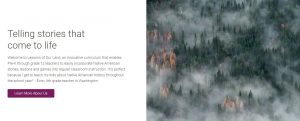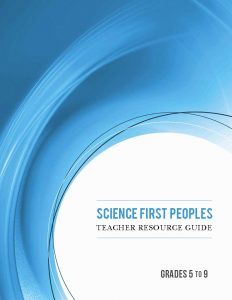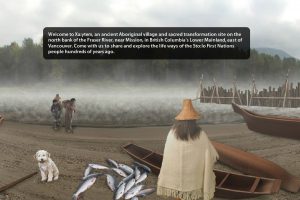http://www.afn.ca/honoring-earth/
This page from the Assembly of First Nations offers a deep and wide perspective on ecology and the policies required to support a healthy environment. It also links out to other external resources such as the Convention on Biological Diversity and the SARA Survival Guide. This page has a massive amount of links to all kinds of related content fact sheets, research papers, and facebook groups. This page would be an excellent resource for any teacher planning lessons seeking to integrate indigenous perspectives on specific and current ecological initiatives. It covers a variety of topics and is an excellent starting point for immersing a learner into the issues and current policies and initiatives.




